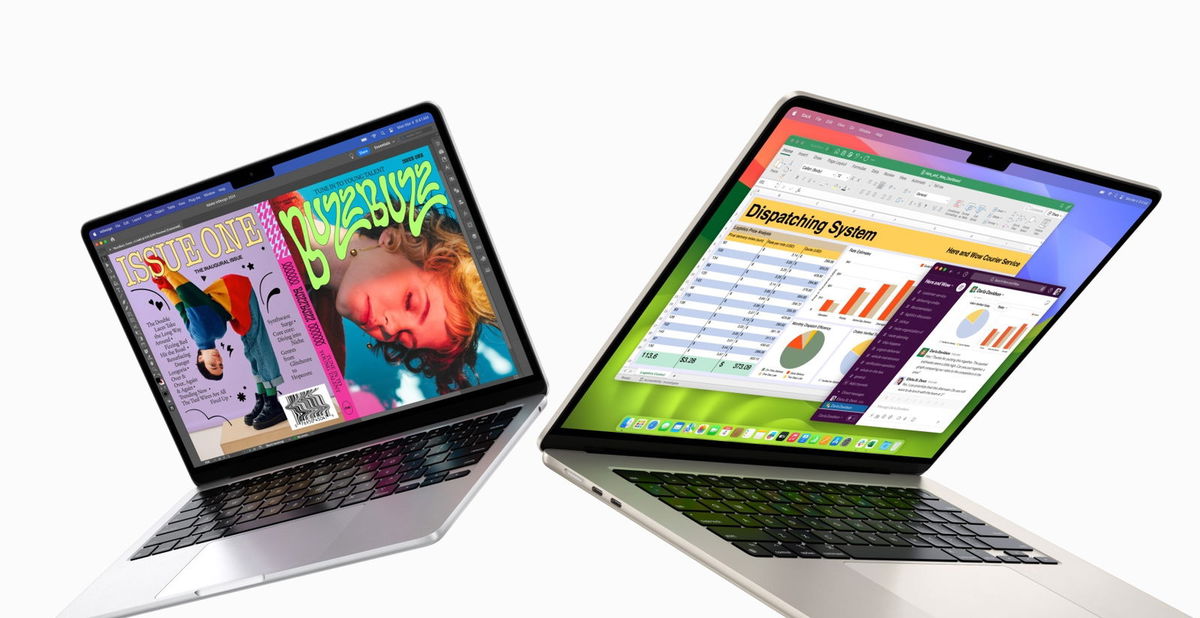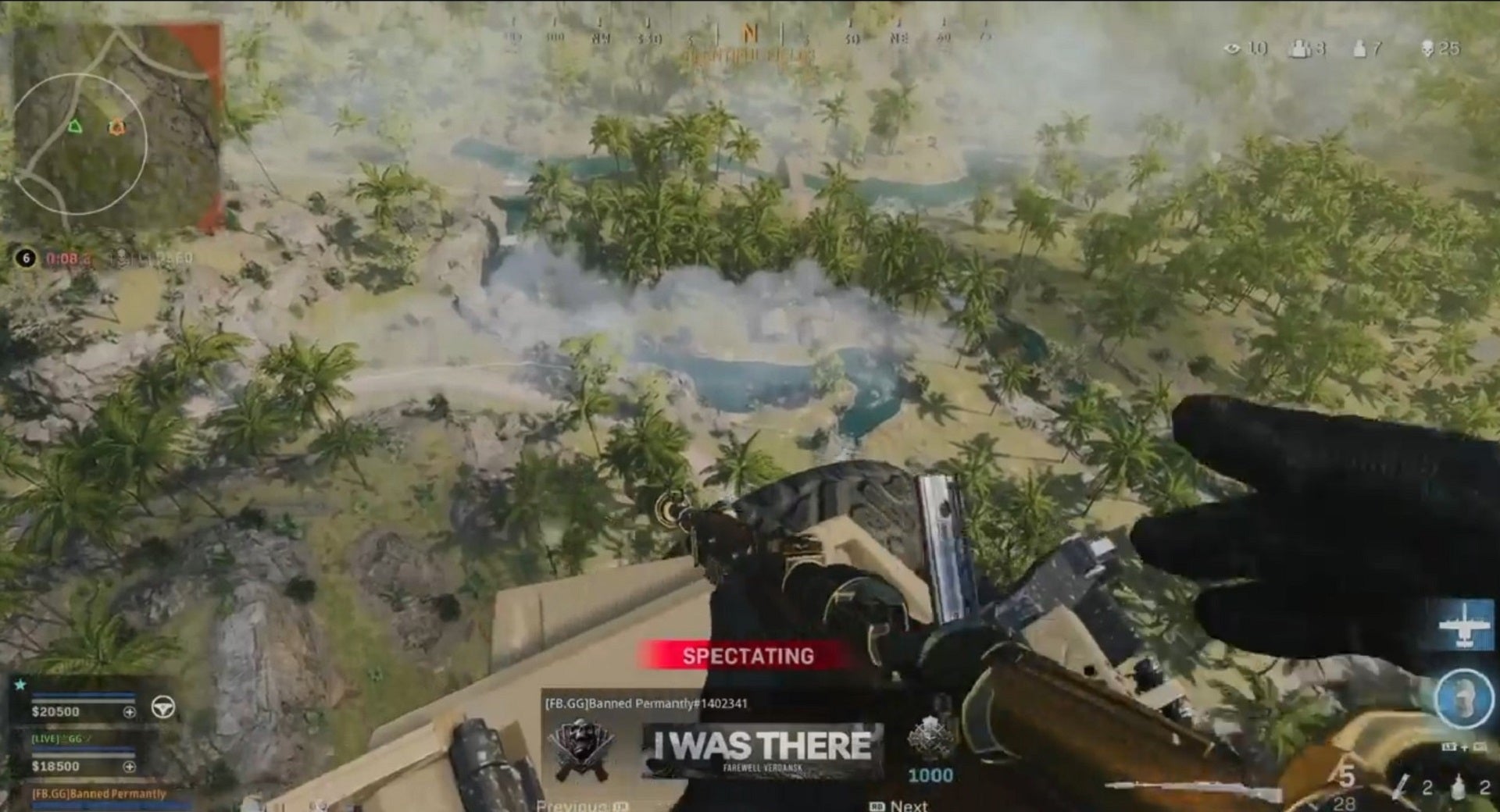It was the tech news of the day, probably of the year, and it’s January. Microsoft bought Activision and it makes us wonder what this means for Apple and its ecosystem. There are plenty of moving parts, from Apple Arcade to the users themselves, that are worth taking a close look at.
The chasm between casual games and consoles
When a purchase as big as Activision-Blizzard happens, it is important to look at the market as a whole so as not to lose sight. Newzoo’s 2021 global gaming market report is a good place to start as it gives us a picture of where the industry is at.

The first thing we need to understand is that the game market (only video games, no hardware) is very heterogeneous. It has a multitude of platforms or access routes, which, as the graph shows, is divided into three large blocks: mobile, console and PC. In mobile we also have the tablet and on the PC browser games. What is clear from this graph is that mobile games will account for more than half of the total market in 2021.
Mobile is almost twice as much as consoles and more than twice as much as PC. It should also be noted that it is the only one of the big three platforms that grows, at 4.4% compared to the previous year. The sale of console games fell by 8.9% and on PC it stagnated.
An App Store that dominates mobile gaming and the addition of Apple Arcade
Now that we know the distribution of the “cake” of the games, it’s time to move it to the apple ecosystem. The App Store billed $52.3 billion in 2021 worldwide, $37.3 billion for the Google Play Store, according to Statista. Together, they capture more than 95% of the total mobile phone market, more than half of Apple.
In other words, the Apple App Store invoice 29.7% of the global video game market. It is important here to distinguish between what the App Store charges and what Apple takes as commission, the rest being revenue for the developers. In any case, a very important part of the total market passes through the hands of Cupertino.
Apple’s approach to gaming is the casual market, which is far more lucrative and growing than consoles or PCs.
Given these numbers and the behavior of the market, Apple Arcade’s adjustment makes sense. Launched as a service providing access to a selection of games, their target remains the occasional user. Games suitable for short sessions, where the iPhone allows you to play anywhere thanks to its portability and connectivity.
There’s no denying that the casual game is dominating the pie, plus it’s the fastest growing of all platforms. This was implicitly recognized even companies like Activ ision itself
Everything indicates that Apple will continue its mastery strategy for mobile and casual games, enhanced with Apple Arcade. We don’t see clear steps in the direction of the market hardcore or game consoles/PC. The Apple TV strategy is content to offer the best experience on the biggest screen in the house, without entering the world of video games beyond Apple Arcade despite the rumors.
Reduced acquisition of Microsoft to users

It’s tempting to think that Apple needs to pull itself together and expending efforts and acquisitions to have console-level games on their devices. More when we see how Microsoft will be the final owner of Digital Legends, recently acquired by Activision. Recall that Digital Legends is a Spanish studio located in Barcelona that attended the presentation of the launch of the App Store in 2008, with Steve Jobs.
For users, there should be no short-term changes. The purchase must still pass the approval of the authorities. But it’s predictable that Microsoft will decide to prioritize titles that bolster its Game Pass.
Even if it would have its good side: being able to play from Safari or any browser on an iPhone, iPad or Mac, this is precisely the way that Apple offers developers who they don’t want to adapt their game streaming services for the AppStore. Much like Epic will with Fortnite and GeForce NOW in late January.
Apple continues to view the hardcore gamer market as a niche where little can be done. And it’s content to push the casual market forward, while Microsoft and others explore cloud services.










